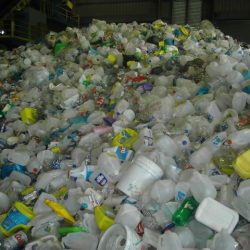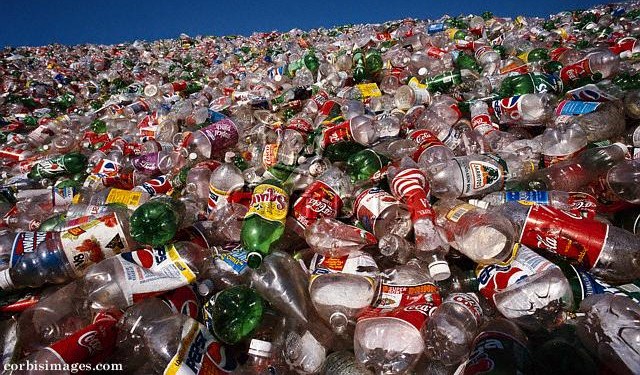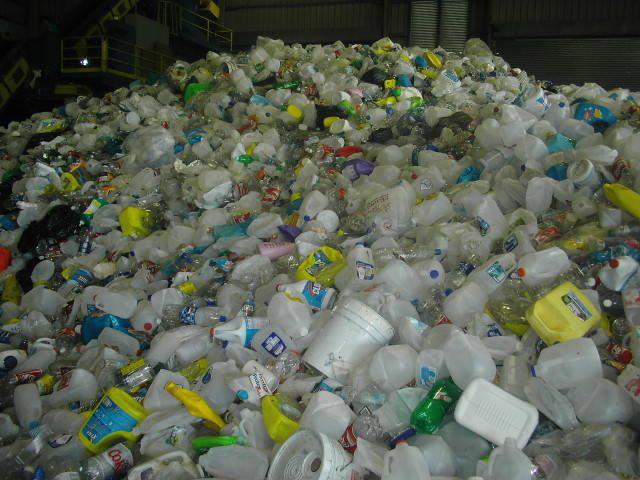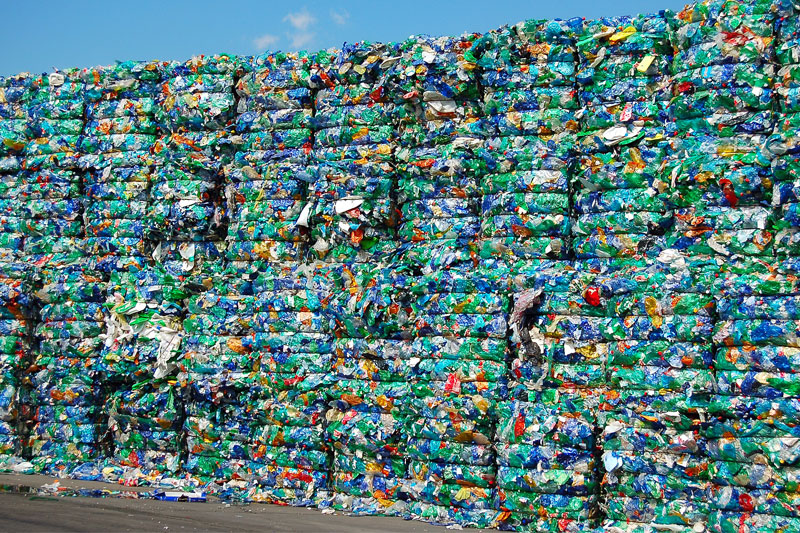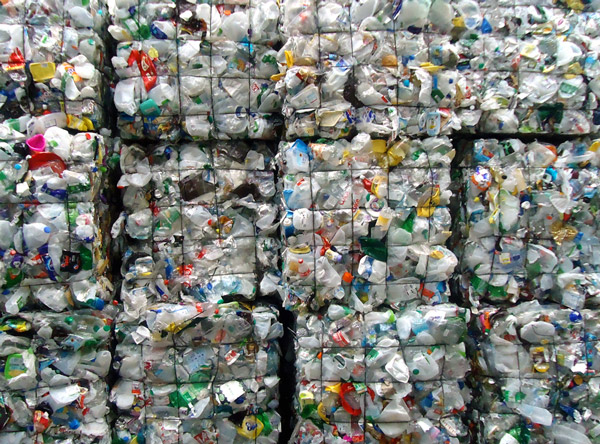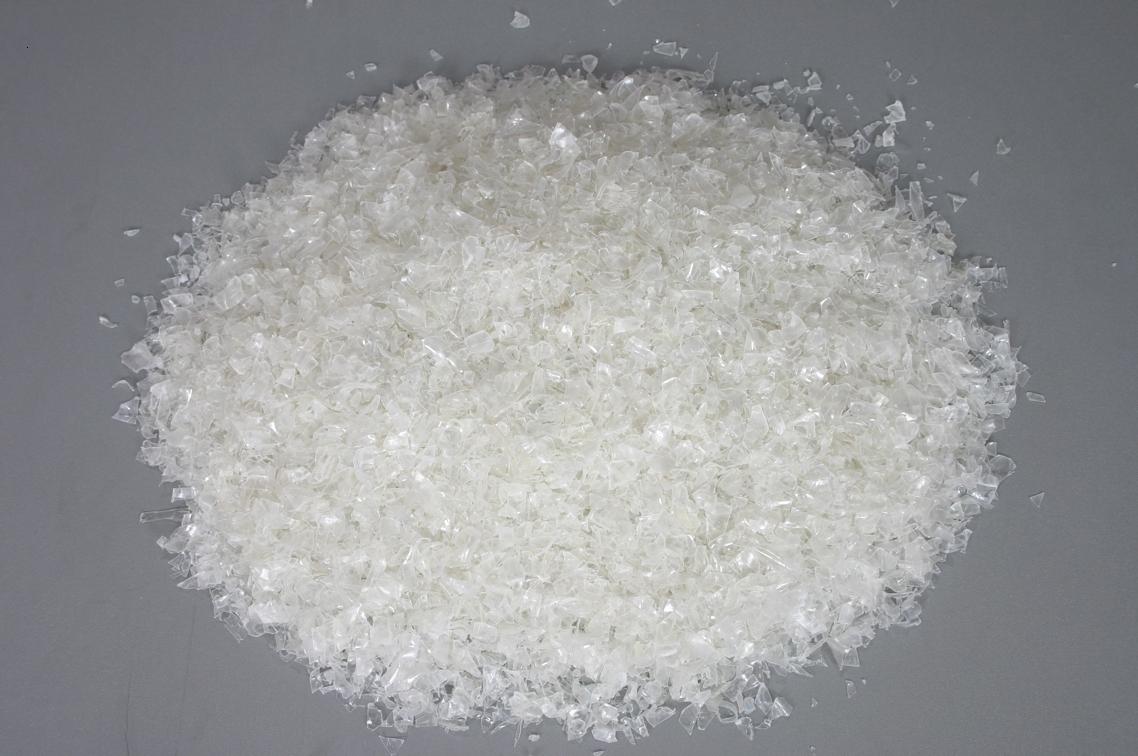Home
Increased plastics recycling is an absolute necessity to reduce natural resource depletion.
Some authorities have instituted limited collections of clean recyclable materials from households, 38.1% Land Fill; means large quantities of plastic materials are still going into the Landfill in the particular general waste stream, needs massive infrastructure to build, if we need to achieve recycling target to reach 52 % by 2017.
The circular economy is an important tool to challenge energy consumption, resource depletion, and pollution.
The European’s consume 60 Million’s tonnes per annum and the UK consumes more than 6.5 million tonnes of plastic per annum & 61.9 % recovered, 26.3% recycled 35.6 % Energy recovery & 38.1% land-fill each year this includes 50% material exported & recycled overseas Far East China through the primary trading route for material destined for China continued to be via Hong-Kong. Waste collection authorities are coming under severe increasing Government pressure to recycle their waste.
With the increasing cost of landfill and the need to recycle, the collection of waste plastics is becoming a high priority for local councils. With future legislation involving waste plastics recycling is becoming paramount. Some authorities have instituted limited collections of clean recyclable materials from households, 38.1% Land Fill; means large quantities of plastic materials are still going into the Landfill in the particular general waste stream, needs massive infrastructure to build, if we need to achieve recycling target to reach 52 % by 2017.
With the increasing cost of landfill and the need to recycle, the collection of waste plastics is becoming a high priority for local councils.
A circular economy could increase the efficiency of primary resource consumption in Europe and the world. By conserving materials embodied in high-value products, or returning wastes to the economy as high‑quality secondary raw materials, a circular economy would reduce the demand for primary raw materials. This would help reduce Europe’s dependence on imports, making the procurement chains for many industrial sectors less subject to the price volatility of international commodity markets and supply uncertainty due to scarcity and/or geopolitical factors. ENVIRONMENT AGENCY
